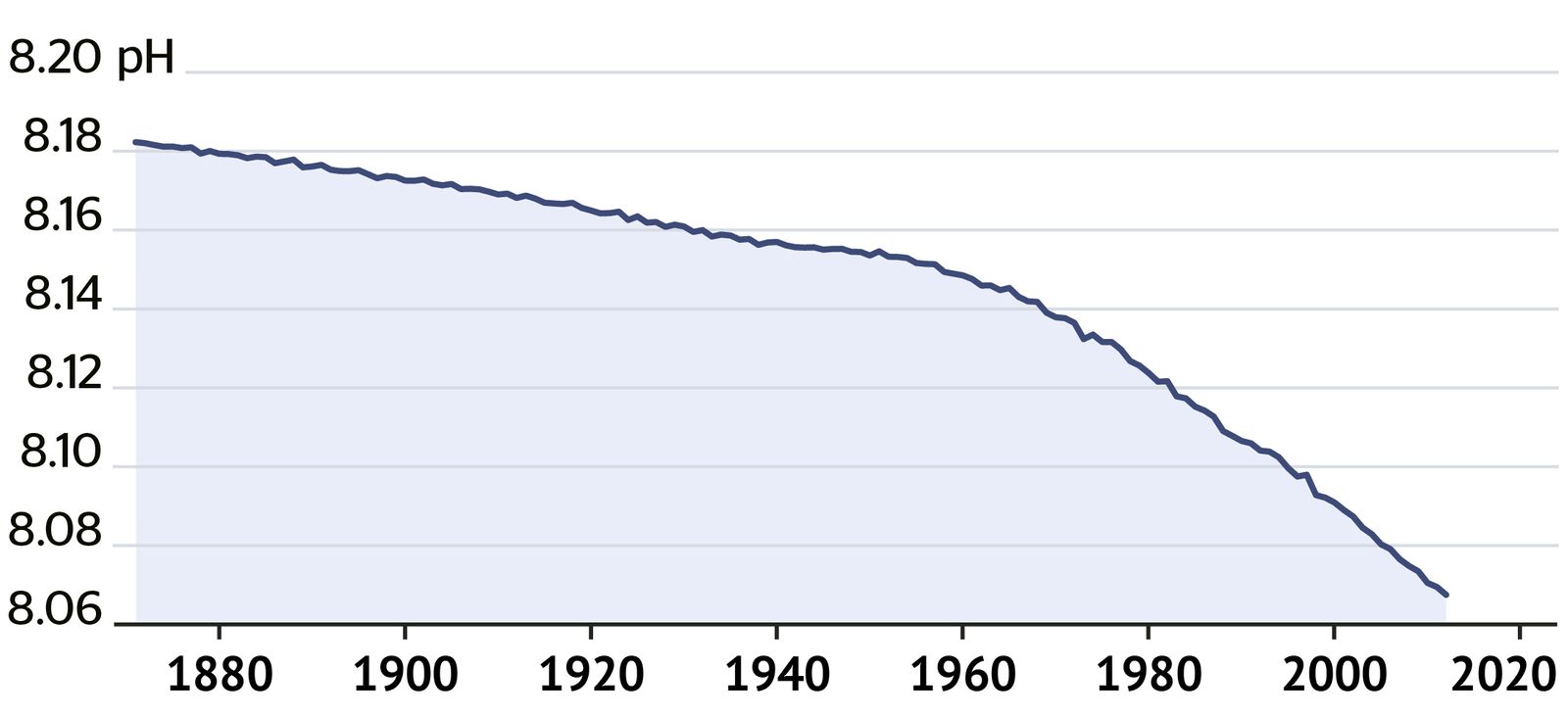GBR Coral And Algae Species Exposed To Higher Acidification Levels Showed No Adaptation
Coral and algae species subjected to more acidic seawater showed no acclimatisation to the new conditions for over a year, a new study has found, suggesting that vulnerable reefs may not be able adapt fast enough to cope with climate change.
With oceans absorbing about 22 million tonnes of carbon dioxide from the atmosphere a day, seas have already become about 30 per cent more acidic over the past two centuries. Shell-forming creatures from oysters to types of plankton are increasingly at risk from the changes, which have been called the "evil twin" - along with higher temperatures - of climate change.
A team of scientists exposed four coral and two coralline, or calcifying algal, species to varying ocean acidity levels for a year at the Moorea reef in French Polynesia to test their responses.
They found "completely no change over a year", said Christopher Cornwall, a researcher based at Victoria University in Wellington, and an author of the paper published in Nature Climate Change on Tuesday. "We expected that over the course of the year they would slowly get acclimatised," Dr Cornwall said. "In reality they displayed the same responses at the start and the end of the experiment."
The acidity of waters around Australia is increasing (pH is decreasing)
pH Australian waters

EDIT
https://www.smh.com.au/environment/climate-change/death-blow-corals-algae-don-t-acclimatise-to-more-acidic-seas-20190527-p51rmn.html

